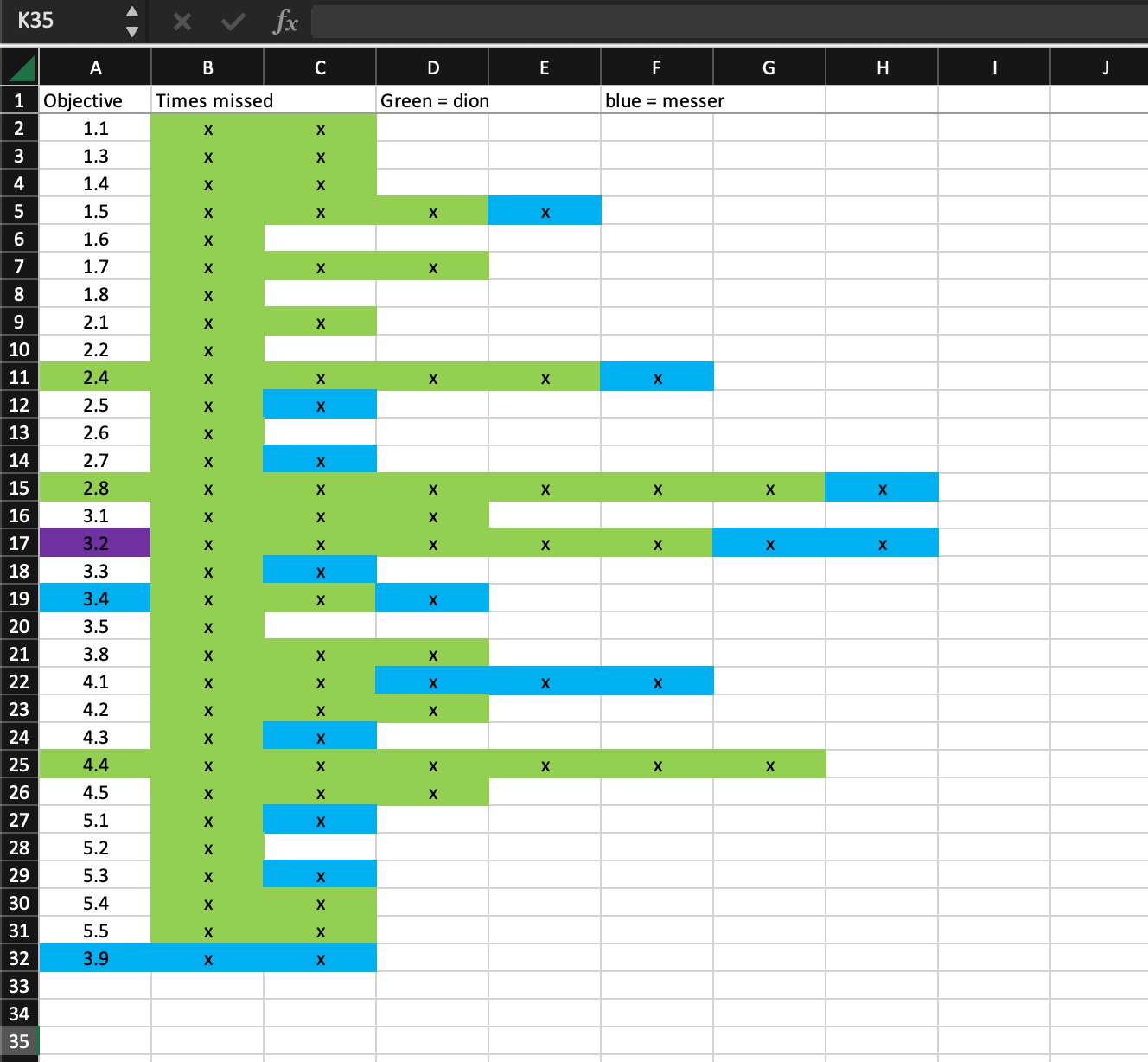Why You Should Get Your Security+ (And How I Passed My Exam)
What is the CompTIA Security+?
According to CompTIA’s website, “CompTIA Security+ is the first security certification IT professionals should earn. It establishes the core knowledge required of any cybersecurity role and provides a springboard to intermediate-level cybersecurity jobs.”
The exam consists of up to 90 questions, with a perfect score being 900 points and a passing score of 750. You will have 90 minutes to complete the exam.
At the beginning of the test, you will need to answer several PBQs (Performance-Based Questions). These questions are usually drag-and-drop, matching, or fill-in-the-blank style. After the PBQs, the remainder of the questions are standard multiple-choice.
Why does this certificate matter?
In the cybersecurity field, the most common certificate required for entry-level positions is the CompTIA Security+. In fact, this certificate is required for most entry and mid-level Department of Defense (DoD) positions.
This certificate is also required for some non-DoD positions. Even if you’re not looking for a position that requires the exam, I personally recommend it for reasons I’ll get into in the next section.
Why I recommend sitting for this exam
Not only did having this certificate on my resume help me get my foot in the door, but the studying itself helped me solidify important cybersecurity concepts and put them into practice in a setting that closely resembles real-world work environments.
The most valuable part of my study process was doing the labs at the end of each section in Get Certified and Get Ahead.
When I was interviewing for positions, it was extremely helpful to talk about my hacking lab and the things I built on Kali Linux while studying for this exam. I’ve also found that the concepts I learned still apply to my job every day—how cool is that?
How I got a 778 without answering any of the PBQs
That’s right, I didn’t answer any of the PBQs. “Why?” you may ask?
Test takers now have the option to take this exam either at home or at a testing center. I can now confirm what other test-takers have experienced:
The PBQs tend to cause the proctoring software to crash when using macOS.
This is one of the reasons many people recommend answering this section last.
Unfortunately, my test-taking experience was frustrating. The software crashed 5 minutes into the first PBQ, and I was left hanging off and on for about 30 minutes waiting for a virtual proctor to reset my test.
After the second crash, I decided to race through the rest of the multiple-choice questions and attempt to circle back to the PBQs. However, when I tried again, my test crashed again.
I was unable to get a proctor before my exam timer ran out—luckily, I still passed!
If I had to take this exam over again, I would:
✅ Take the exam at a testing center
OR
✅ Use a Windows machine (it pains me to say this).
If you plan on taking the exam at home, I highly recommend preparing to pass without the PBQs… or just use a Windows machine.
The resources I used
-
Gibson’s Get Certified Get Ahead I read this book from cover to cover, took the tests in the book, and made flashcards for anything I didn’t already have comprehensive knowledge of.
-
Professor Messer’s videos and tests I printed out the objectives, filled a binder with notes, and made additional flashcards.
-
Dion Training I used these courses to reinforce any objectives I needed more practice on and added notes from this material to my binder/flashcards.
-
r/CompTIA This subreddit was super helpful for questions about the exam itself.
I created more flashcards for objectives I needed to review multiple times (e.g., secure boot, measured boot, trusted boot). If I missed a question on a test, I went back and made flashcards and/or notes for anything I didn’t fully understand.
I also made an Excel matrix to track the objectives I was missing across different tests. This helped me prioritize which topics to revisit based on the most commonly missed objectives in my study materials.

I was scoring 73-80 on Dions tests and 83-90 on Messers before I took the exam. The studying processes was harder than the exam itself for me because I had just finished graduate school and I was still accostimed to studying like a graduate student!